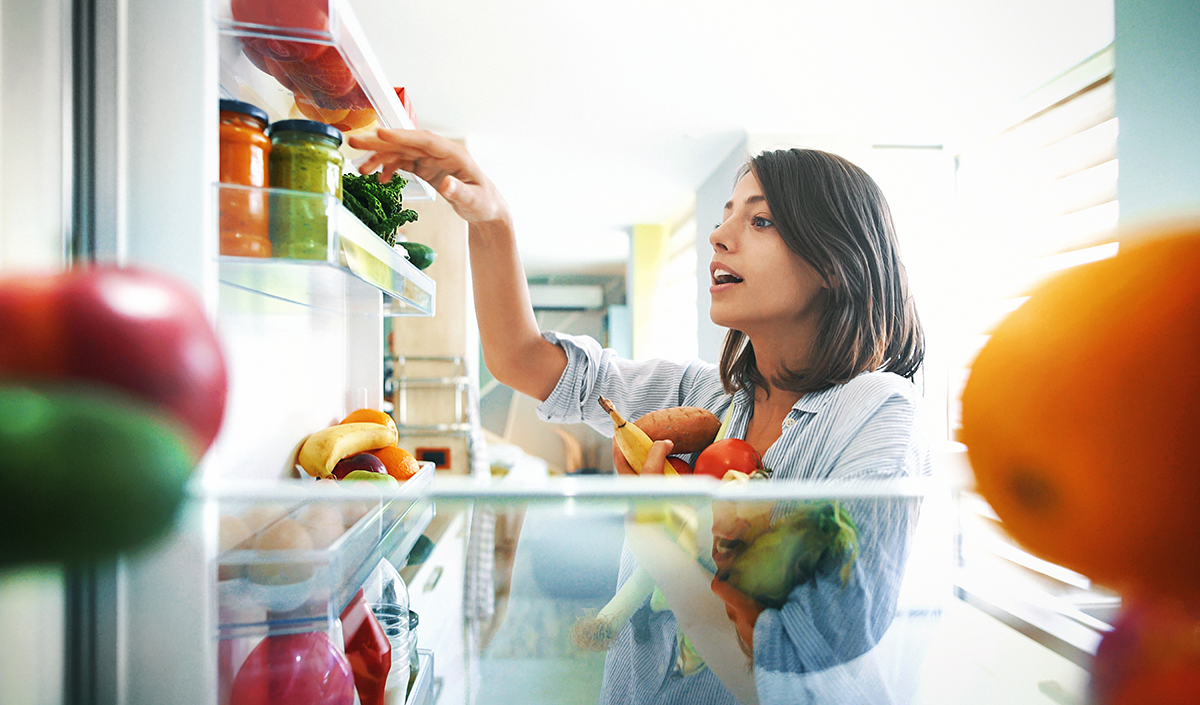Latest News
Coping with loneliness during lockdown
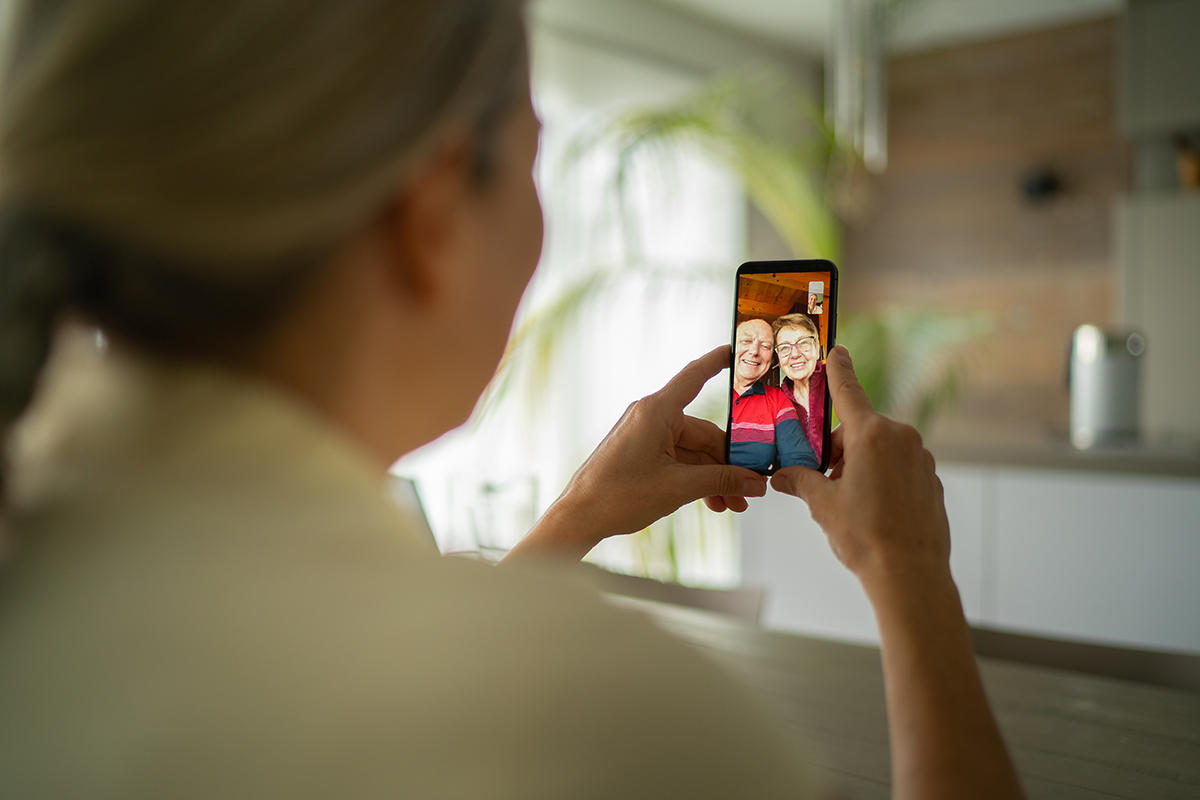
Social distancing and self-isolation are important to curb the spread of Covid-19. But limited human contact during lockdown can have a significant impact on our mental wellbeing, particularly with feelings of loneliness. Some of us rely on the small day-to-day interactions that give us a sense of connection, such as, buying a coffee, going to work or even going to the gym. However, self-isolation and social distancing take away the little connections we make as people are forced to stay home and only leave the house for exercise or for essential travel.
The good news is social distancing and self-isolation does not mean being alone. Here are our tips on how to stay engaged and connected with others to keep positive and mentally healthy.
Stay in virtual contact
Technology has become an important source of keeping in touch during these strange times. While meeting up with family and friends may not be possible right now, you can stay in touch using your mobile phone, tablet or computer. Picking up the phone and calling a family member or friend can help reduce feelings of isolation and make you feel more connected just by hearing someone else’s voice.
Download apps and chat, share updates and pictures to keep your spirits up when things are tough. You can also set up group video chats on Skype or Zoom to pretend you are catching up at a public space, even when you are at home.
Attend a virtual tour or event
Local and international attractions such as zoos and museums are offering opportunities to enjoy what they offer digitally and best of all, for free. Here are some you can visit now:
- Natural History Museum Virtual Tour
- National Gallery Virtual Tour
- Vatican Museum Virtual Tour
- Musée d’Orsay Virtual Tour
Join or start an online group
Being in a group with other people that share a mutual interest can help with feelings of loneliness. There are lots of different groups out there, from book clubs to choirs. You could also create your own group. Have a look at these options:
- Virtual Choirs on the TimeOut website
- National Centre for Writing Book Club
- Classical-Music’s virtual orchestra, choirs and music masterclass
- Creativity 4 Wellbeing Art Group
Sign up to a telephone befriending service
Various organisations offer a befriending service where someone will call you to see how you are doing and for a general chat. It is free and the interaction will help ease the feelings of loneliness. Visit the People First Info website for a list of organisations offering a telephone befriending service.
Listen to the radio
Hearing the voice of a friendly and familiar presenter can be particularly comforting if you are on your own. And knowing that lots of other people are out there listening along too can help foster a sense of wider social connection. You may get the same comfort from listening to podcasts or audiobooks.
Plan home-based activities
If you do not have access to a phone or the internet, distraction techniques can help decrease feelings of isolation and loneliness. Use this time to try new and exciting activities you have always wanted to try but have not had time to.
Things you could do include:
- Reading
- Picking up a new hobby or learning a new skill, such as, knitting, drawing or gardening
- Learning a new language using apps such as Duolingo or explore FutureLearn’s language courses
Consider goals you want to achieve so you can use this time productively.
This story was originally published in the Spring/Summer 2020 Community Living Well magazine. It has been edited for website purposes. Subscribe today to receive mental health and wellbeing tips straight to your inbox, four times a year!
Refer to the Community Living Well service here.
Author: Michelle Jackson
Category: Community Living Well, Uncategorised
Posted on: 16th June 2020
Parenting during a pandemic
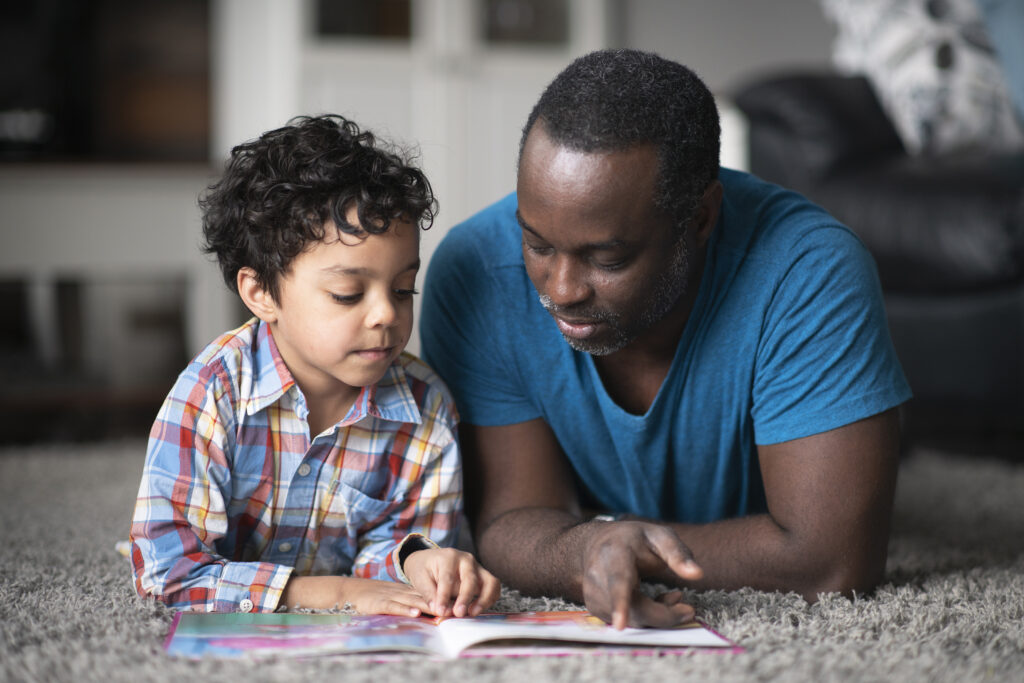
School closures, working from home and social distancing – it is a lot to navigate for anyone, but especially for parents. Fear, uncertainty and being in lockdown can make it tough for parents to keep a sense of calm in the household. We have collected some tips to help parents, including new parents, manage this new, temporary normal.
Create structure
Having a flexible but consistent daily routine will help add structure into yours and your children’s day. This will help children feel more secure. Make sure to include your children when planning a routine such as making a school timetable, and don’t forget to include exercise in each day. This helps with stress, and kids and teenagers with lots of energy to burn will appreciate it!
One-on-one time
This is a great opportunity for parents to build better relationships with their children and teenagers. Set some time aside everyday to spend with each child. Examples of activities that you could do together include doing a chore, going for a walk and talking about something they like or cooking a favourite meal. One-to-one time is free and fun and by spending time with them daily, it helps them feel loved and secure and shows them that they are important.
Be open and honest
Having a conversation about isolation and social distancing with your children can be a tough subject to tackle. Be willing to talk to them about Covid-19 as they will have already heard something. Before having the conversation, think about how much they will understand. Remember, you know them best. Reiterate the importance of hand washing or make a fun activity out of showing them how to wash their hands properly. Ask them if they have any questions and check to see if they are okay. Remind them that you care and they can talk to you anytime.
Give yourself a break
Coping with feelings of anxiety and low mood while trying your best to raise a family can bring about feelings that you are not doing a good enough job. It is important to remember that the pandemic is temporary, you are doing the best you can in making sure your children are supported and that help is available to support you on this journey.
Helpful resources
-
Families under Pressure have some simple, helpful tips and tricks developed by King’s College London, NHS South London and Maudsley and Maudsley Charity, to help make family life a little bit more manageable.
-
Institute of Health Visiting has advice on parenting during the pandemic and national guidance.
- Royal College of Paediatrics and Child Health has information and advice on what to do if your child is unwell or injured
Pregnant during Covid-19?
If you are pregnant, you may be unsure how Covid-19 could affect you, your baby and your pregnancy care.
It is important to let your midwife or maternity care team know if you have symptoms of coronavirus, and to ask them for help with any other concerns as you usually would. You will still have regular appointments and scans while you are pregnant. But there may be some changes:
- midwife appointments are online, by phone or by video call
- if you need a scan, you may need to go on your own
Helpful resources
For more information and support, check out these resources for managing pregnancy during this time:
- The NHS website has information on pregnancy and coronavirus
- Download and read NHS England’s maternity leaflets
- If you need help with day-to-day things, call the NHS Volunteer Responders on0808 196 3646
Parenthood and Covid: Online workshop
Talking Therapies are offering a one-hour online workshop on Thursdays aimed at parents and women going though pregnancy. The workshop covers a range of topics such as: creating a well-rounded family routine, how to talk to children about COVID, managing worries about giving birth or COVID and being kind to ourselves if things don’t go to plan. If you are interested in attending this online workshop, you will need to register to our Talking Therapies service by completing this form. You can also call the team on 020 3317 4200 or email [email protected].
This story was originally published in the Spring/Summer 2020 Community Living Well magazine. It has been edited for website purposes. Subscribe today to receive mental health and wellbeing tips straight to your inbox, four times a year!
Refer to the Community Living Well service here.
Author: Michelle Jackson
Category: Community Living Well
Posted on: 11th June 2020
Looking after your mental health during Covid-19
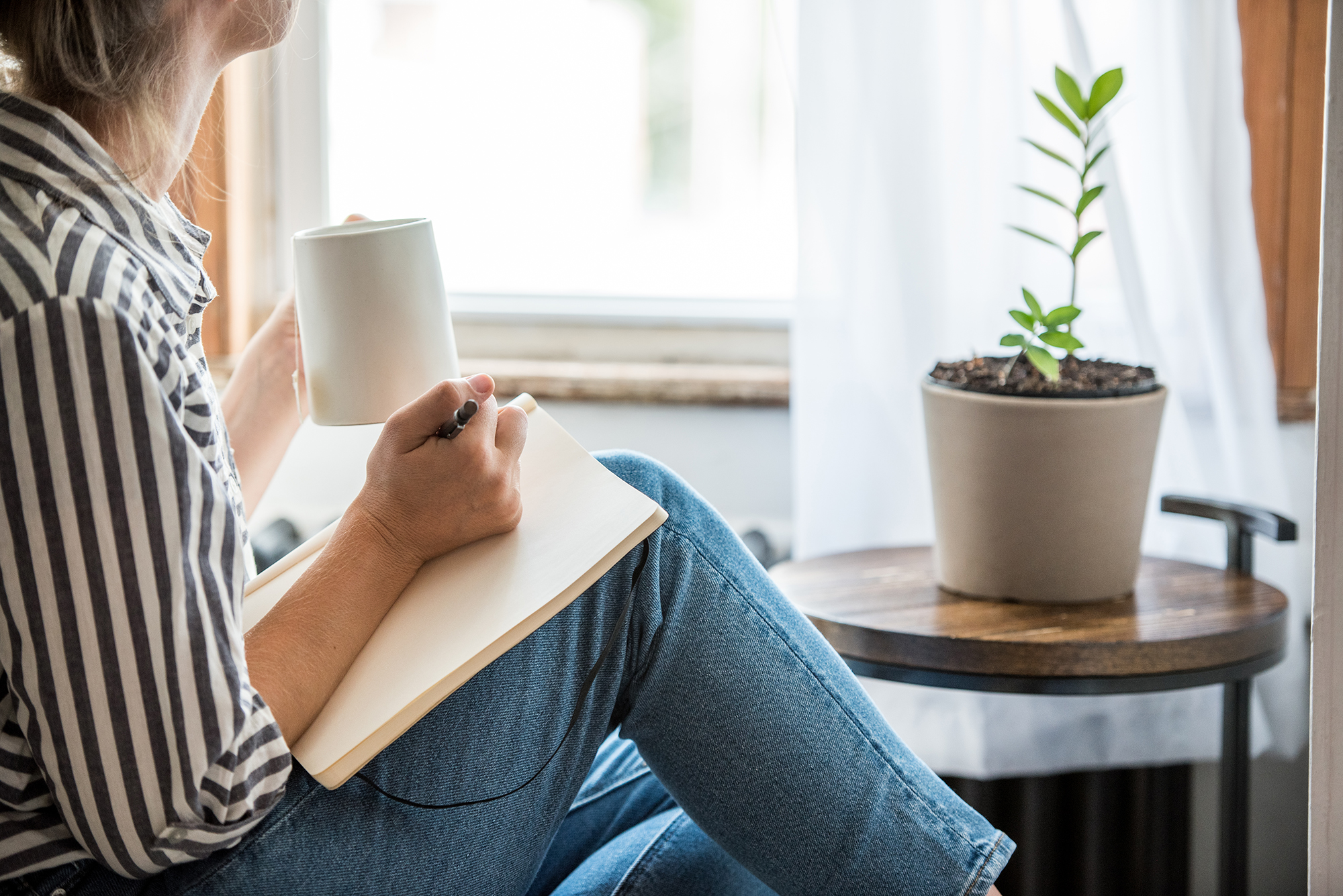
The current pandemic may be having some impact on your mental health and wellbeing. You might be worried and anxious about how Covid-19 will affect your life and daily routine or because you are self-isolating as you, or someone you live with, has shown symptoms. While this may be a difficult and stressful time, there are some simple things you can try and do that can help your mental health and wellbeing. It is important to remember that it is okay to feel the way that you do and that everyone reacts differently.
Find ways to fill your time
It’s easy to get bored when you’re stuck indoors so it’s important to find ways to spend your time. You could try having a clear out by sorting through your possessions and putting them away tidily or have a spring clean. You could also have a digital clear out by deleting old files, upgrading software, updating all your passwords or clearing out your inbox.
Try to keep active
If possible, build physical activity into your daily routine. It could be something as simple as cleaning your home, walking up and down the stairs or dancing to music. Mental and physical health is linked to one another and when we feel good physically, we tend to feel more positive and better about life. When we exercise, chemicals such as serotonin and endorphins are released which help to naturally stabilise and lift our mood and improve our sleep.
Get as much sunlight, fresh air and nature
Bringing nature into your everyday life can benefit both your mental and physical wellbeing. It can improve your mood, reduce feelings of stress or anger, and make you feel more relaxed. If you can, go outside for a walk and take in the sights, smells and fresh air. However, it is possible to get the positive effects of nature while staying indoors at home. You could try:
- Spending time with the windows open to let in fresh air
- Listening to natural sounds, like recordings or apps that play birdsong, ocean waves or rainfall
- Spending time in your garden, if you have one, or opening your front or back door and sitting on the doorstep
- You may be able to buy seeds, flowers or plants online for delivery, to grow indoors. If you order items for delivery, remember to ask to have them left at your doorstep, to avoid face-to-face contactIf you have safe access to a garden, you could bring home some natural materials like leaves and tree barks to decorate your living space.
Keep your mind stimulated
- Keeping your brain occupied and active are important aspects of brain health. By challenging your brain, it increases its vitality. Here are some activities you could do daily to stimulate your mind:
- Read books, magazines and articles
- Listen to podcasts
- Complete puzzles, crosswords or Sudoku
- Learn a new language or a new skill
- Enrol in an online course on Futurelearn or the Open University
Find ways to relax and be creative
Engaging in artistic activities helps reduce stress and anxiety and has been shown to alleviate symptoms associated with depression. There are lots of different ways that you can relax, take notice of the present moment and use your creative side.
Why not try:
- Arts and crafts, such as drawing, painting, collage, sewing, craft kits or upcycling
- DIY
- Meditation
- Playing a musical instrument, singing or listening to music
- Writing
Get a good night’s sleep
You may find yourself struggling to get to sleep because of anxiety or worry about the current situation. However, it’s important that you get a good night’s sleep as it makes a difference to how we feel mentally and physically.
Try to maintain a regular sleeping pattern and keep up good sleep hygiene practices such as avoiding screens before bed, cutting back on caffeine and creating a restful environment.
Take care with news and information
It is important to stay connected with current events but remember to be careful with where you get your news and health information from. For up-to-date health advice, see the NHS coronavirus webpage and the GOV.UK coronavirus webpages.
If news stories and social media content makes you feel anxious or confused, try limiting the amount of time you spend online.
This story was originally published in the Spring/Summer 2020 Community Living Well magazine. It has been edited for website purposes. Subscribe today to receive mental health and wellbeing tips straight to your inbox, four times a year!
Refer to the Community Living Well service here.
Author: Michelle Jackson
Category: Community Living Well
Posted on: 9th June 2020
Spring/Summer 2020 Magazine is now available!
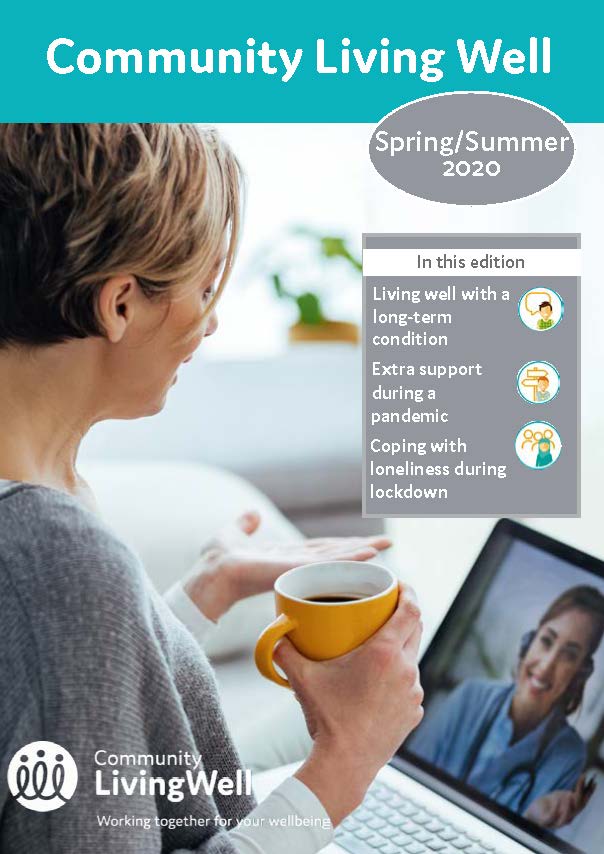
A very warm welcome to the Spring/Summer Edition 2020 of the Community Living Well magazine. We hope you’re staying safe and staying well.
The coronavirus (Covid-19) pandemic has impacted our lives in many ways. From lockdown and not being able to see our family and friends, anxieties around whether or not we’re safe and following Government guidance to a change in the economy impacting employment. Adjusting to the ‘new normal’ is a lot to navigate.
This magazine is dedicated to providing you with useful advice, support and hyperlinks to help you through the coronavirus pandemic. We hope that you’ll find this resource useful and you’ll feel informed, inspired and uplifted.
Since the pandemic, each of our services have had to look at new ways of working so they can continue to provide our service users with support. Information on our service changes are included in the magazine.
You’ll also find information on how to look after your mental health and manage stress and anxiety. If you’ve been furloughed or need advice on what support you may be entitled to, our Navigators and Employment team have put together some helpful information.
Remember you are not alone and that it is okay to ask for help and support if you need it.
PLUS…
From coping with loneliness during isolation, to living well with a long-term health condition during lockdown, the Spring/Summer Edition is filled with content that aims to help you on your quest to improve your mental health and wellbeing especially during these strange times.
As always, this magazine is about you – your thoughts, ideas, concerns and achievements. If you have any suggestions, features or stories you think we should include, please contact me, Michelle, on [email protected].
Take care and stay safe.
Community Living Well is a mental health service for those registered with a GP in the Royal Borough of Kensington and Chelsea, or the Queen’s Park and Paddington areas of Westminster. The services on offer include talking therapies, support groups, help with employment and support with debt, housing and benefits issues. Self-referrals can be made here. For more information please call 020 3317 4200.
Author: Michelle Jackson
Category: Community Living Well
Posted on: 1st June 2020
Support during the Coronavirus outbreak
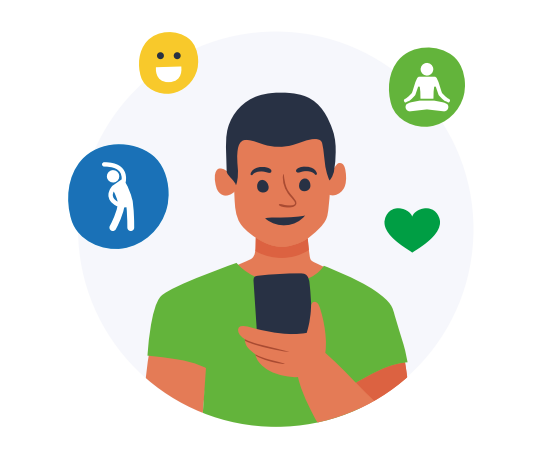
During the coronavirus outbreak we are here to provide support for those who are self-isolating or anxious about the impact of the virus on themselves and their families and loved ones.
Here are some helpful things you can do to help you manage during this difficult time.
Make a schedule
Keeping a routine can be a really useful way to stay active, and have control over your day. Think about writing up a timetable to put on the wall, and write out what activities you will do throughout the day. It’s important to include things that will be enjoyable, calming, as well as productive.
Keeping healthy
Take care of your basic needs; get rest and eat healthily. Remember, exercise is good for your physical health, and it can also boost your mood. You can still go outside for one form of exercise, just remember to practice social distancing and keep 2 metres apart.
Finding calm
It may be useful to write down all the questions you have, and look for the answers from reliable sources such as the NHS and Gov.uk. Finding things that are comforting to us can help with being calm and relaxed. You can find free phone apps and tools such as Calm which helps with relaxation, or Chill Panda relaxation for children, MeeTwo, a safe space for teenagers to share, and Every Mind Matters for adults.
A positive note
It’s important to remember that there is hope and people are getting together at difficult times to support each other. End your day on a positive note, by spending a few minutes before bedtime to tell each other in person, by phone or even write in a journal something positive that happened in the day – or something positive you hope will happen in future.
Our Talking Therapies team are here to help with problems such as stress, anxiety, depression and insomnia, and we will continue to accept referrals and offer support. We are providing brief focused interventions to people by telephone or video call and the option of online treatments. If you would like to refer to the service, please complete the self-referral form.
This resource was originally published by Central North West London NHS. Download the resource here. This document is also available in other languages, large print, Braille, and audio format upon request. Please email [email protected]
Author: Michelle Jackson
Category: Community Living Well, Talking Therapies
Posted on: 19th May 2020
New online workshops for COVID-19 support
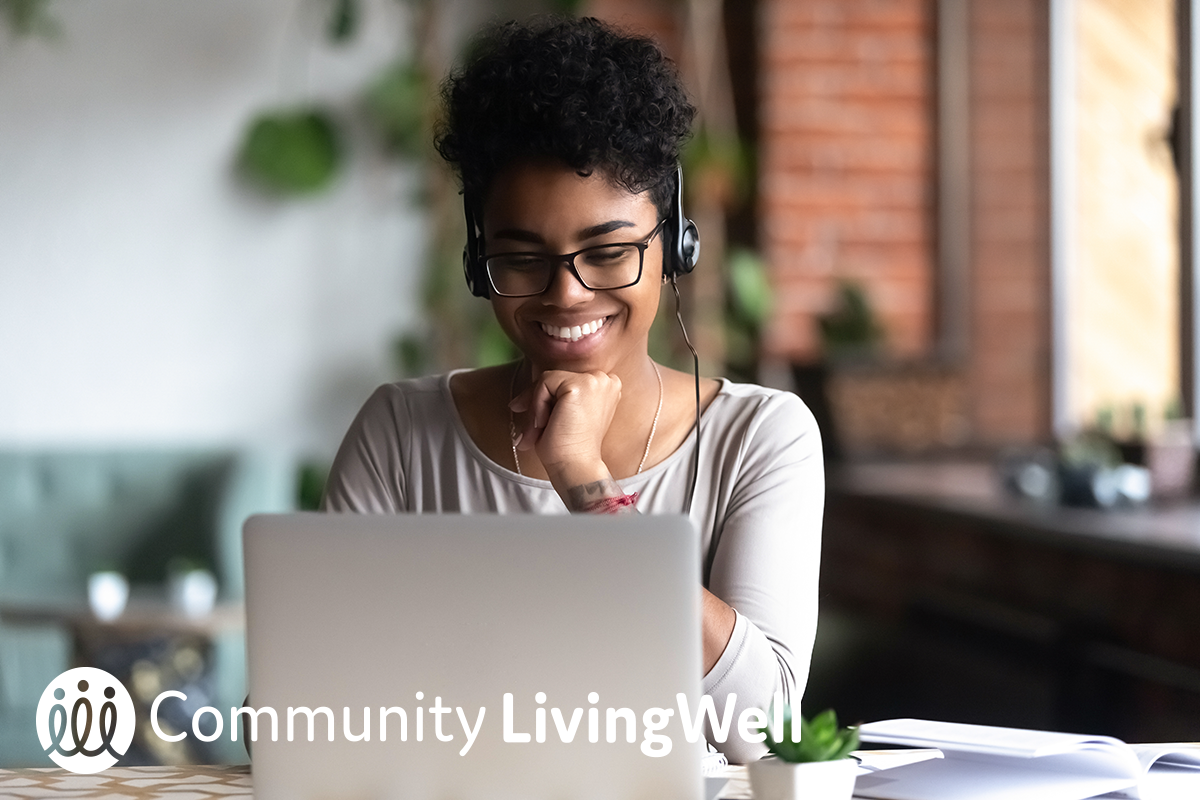
We are offering free one-hour online workshops addressing a range of concerns during COVID-19. These workshops are based on Cognitive Behaviour Therapy (CBT), an evidence based therapy used widely in the NHS, and there will be discussions on how to face difficulties with lockdown in a practical way. It’s an opportunity for you to meet others with similar experiences to you and discover that you are not alone and you can share as much or as little as you would like. There are opportunities for you to ask questions throughout the online workshops and points where verbal discussion will be invited. Here are the topics that are currently available: |
|
|
|
|
Author: Michelle Jackson
Category: Community Living Well, Talking Therapies
Posted on: 22nd April 2020
Service updates due to COVID-19
To align with the Government’s current guidelines, we’re temporarily changing the way we deliver our services. We will continue to process new referrals and support current service users during this difficult time.
We won’t be providing face-to-face appointments, groups and activities. Each of our services have had to look at new ways of working so they can continue to support you. You can find the different service changes below.
Talking Therapies
Talking Therapies will offer focused support to people by telephone or video call and they can offer online treatments. They are also offering support to NHS staff affected by Covid-19.
There will also be virtual groups and webinars available and our website will be updated with more information as it becomes available. Find out more about CNWL’s Talking Therapies on their website.
Peer Support
Peer Support services will be provided under one umbrella with other Kensington and Chelsea Mind services. They will be offering:
- Regular support by phone, email or text
- Support to assess the level of practical support you may need during this time
- Support to create a Mind Wellbeing Plan to help you cope at home
- Emotional support and regular tips and information on how to look after your mental health and,
- Information and support to help you access other services
If you have any questions, please get in touch on 020 8964 1333 or email [email protected]
Primary Care Liaison Nurses
Primary Care Liaison Nurses will provide telephone consultations and face-to-face appointments using online platforms such as Zoom. You may experience a longer than usual wait time for your first contact as the team experience some disruptions to their service. Some individuals may find that they are offered support as an alternative to seeing the Community Mental Health teams, and there may be times when you are directed to other support services that can better meet your needs.
If you need more information on medication, there are reliable medication resources on the Central and North West London website.
Employment Service
The Employment Team are still accepting referrals and all of their work is being done over the phone.
They will also provide one-off advice, guidance and signposting for those who would like some information on their current employment situation.
Please note – there is a waiting list for these services.
Navigation Service
The Navigators Team are still accepting referrals and all of their work is being done over the phone.
They can also signpost people who would not be eligible for their services, but need some support with finding out the most up to date and relevant information for them.
This is not an emergency or crisis service and they operate with a waiting list. They will be in touch with you as soon as they can.
SMART
SMART are offering a food delivery service for people with primary or secondary mental health needs, who are self-isolating or unable to get to a food bank. If you require this service, please self-refer to the Navigator service and write I would like a referral to SMART food delivery in the ‘tell us about the issues you need help and support with’ box. A member of the team will contact you by phone to get more information and to check your eligibility.
Self-Care Services
Changes to the delivery of the self-care services are outlined below:
- Clement James Wellbeing Project – Activities, groups and learning sessions will continue however they will be delivered through phone calls, video and online sessions
- Well Read – Play reading sessions will be offered online through Zoom on Tuesdays and Fridays
- Emotional 1:1 support in your language – This service will be provided over the phone
- Massage and Reflexology – This service won’t be offered in the meantime however you can register to have the team call you to check in with you or your neighbour
- Volunteering on Prescription are currently not taking more clients through this scheme but you can volunteer to help during Covid-19 by filling in a form on the Volunteer Centre Kensington and Chelsea website
- My Recipe My Story are supporting existing clients but you can register your interest for when things are back up and running
If you would like to register for the above services, please complete the referral form.
Helpful resources
Coronavirus and your wellbeing
Mind have put together a useful resource to help your wellbeing during this difficult time. This information is to help you cope if:
- you’re feeling anxious or worried about coronavirus
- you’re staying at home and avoiding public places, following Government advice that we should stay at home as much as possible
- you are self-isolating because you, or someone you live with, has symptoms of coronavirus. Self-isolating means that you stay home and keep away from other people.
- For more information, visit the Mind website.
Single Point of Access
If your mental health deteriorates or if you experience any thoughts of suicide or self-harm, please contact the CNWL Single Point of Access Crisis Team on 0800 0234 650 or the Samaritans for free on 116 123.
Refer to the Community Living Well service here.
Author: Michelle Jackson
Category: Community Living Well
Posted on: 6th April 2020
COVID-19 Information and Guidance
The West London Clinical Commissioning Group have issued the following COVID-19 information and guidance.
Visit WWW.GOV.UK
For up-to-date information on Coronavirus symptoms and guidance and what this means for you, your family and friends.
Key messages
- Only go outside for food, health reasons or essential work
- Stay 2 metres (6ft) away from other people
- Wash your hands as soon as you get home
- Sign up to be an NHS Volunteer: www.goodsamapp.org/NHS
Keep checking the GOV.UK website as information changes
Live in Kensington and Chelsea?
Check your local Council’s website and search Coronavirus for the latest information on what’s happening in the borough.
If you’re a resident and would like to help support a community response, visit www.voluntarywork.org.uk for more information and to register as a volunteer.
Local voluntary sector organisations can visit kcsc.org.uk for further support and guidance.
Live in Westminster?
Check your local Council’s website for regular updates on what’s happening in your area.
Visit onewestminster.org.uk to find out about local volunteer opportunities and the support available for voluntary sector organisations.
Helpful resources
- Doctorsoftheworld.org.uk for COVID-19 information in different languages
- Mencap.org.uk for COVID-19 information in an easy to read format
- Mind.org.uk for tips, guidance and information on how to look after your mental health
- Healthwatchcwl.co.uk for COVID-19 support pack and signposting
Author: Michelle Jackson
Category: Community Living Well
Posted on: 26th March 2020
Food and Mood: how diet affects your mental health
We often link our diet and what we eat to our physical health, but did you know that it also affects your mental health and wellbeing?
Having a healthy, balanced diet rich in protein, nutrients and vegetables could be the key to raising energy levels, improving your ability to concentrate and focus, bettering digestion and releasing amino acids, the chemicals your brain needs to regulate your thoughts and feelings.
By incorporating some or all of these tips into your diet, you may find an improvement to your mood, mental health and wellbeing.
Eating regularly
If you’re not eating regularly, you may find your blood sugar level drops. This can cause you to feel tired, irritable and depressed. Eating regularly and choosing foods that release energy slowly, such as pasta, rice and oats, will help to keep your sugar levels steady.
Staying hydrated
If you don’t drink enoiugh fluids, you may find it difficult to concentrate or think clearly. This may also affect your bowels, which puts no one in a good mood. Drink the recommended six to eight glasses of fluids a day. Water is the best option but tea, coffee and smoothies also count as an intake. Be mindful though that these contain caffeine and sugar!
Looking after your gut
Research has shown that your gut reflects how you are feeling emotionally. Your gut slows down or speeds up if you’re stressed or anxious. For healthy digestion, you need to have plenty of fiber and fluid and you need to exercise regularly. Healthy gut foods include fruits, vegetables and whole grains.
Managing caffeine
Caffeine is a stimulant which means it will give you a big burst of energy but it may make you feel anxious and depressed, disturb your sleep (especially if you have it before bed), or give you withdrawal symptoms if you stop suddenly. Try limiting the amount of caffeine you have a day or avoid it altogether and you might find you feel noticeably better.
Getting your five-a-day
Vegetables and fruit contain a lot of the minerals, vitamins and fibre we need to keep us physically and mentally healthy. Eating a variety of different coloured fruits and vegetables every day means you’ll get a good range of nutrients. Fresh, frozen, tinned, dried and juiced (one glass) fruits and vegetables all count towards your five-a-day.
Getting enough protein
Protein is important as it contains amino acids which make up the chemicals your brain needs to regulate your thoughts and feelings. It also helps keep you feeling fuller for longer. You can find protein in lean meat, fish, eggs, cheese and legumes (peas, beans and lentils).
Eating the right fats
Rather than avoiding all fats, it’s important to eat the rights ones. Your brain needs fatty acids such as omega-3 or -6 to keep it working well. You can find healthy fats in oily fish, poultry, avocados and eggs.
There are many ways that foods can affect how we feel, just as how we feel has an influence on what foods we choose. Some of the food/mood effects are due to nutrient content, but a lot of effects are due to existing associations of foods with pleasure and reward (chocolate) or diet and deprivation (plain foods).
This story was originally published in the Winter 2020 Community Living Well magazine. It has been edited for website purposes. Subscribe today to receive mental health and wellbeing tips straight to your inbox, four times a year!
Refer to the Community Living Well service here.
Author: Michelle Jackson
Category: Community Living Well
Posted on: 12th March 2020
Help us shape your mental health services
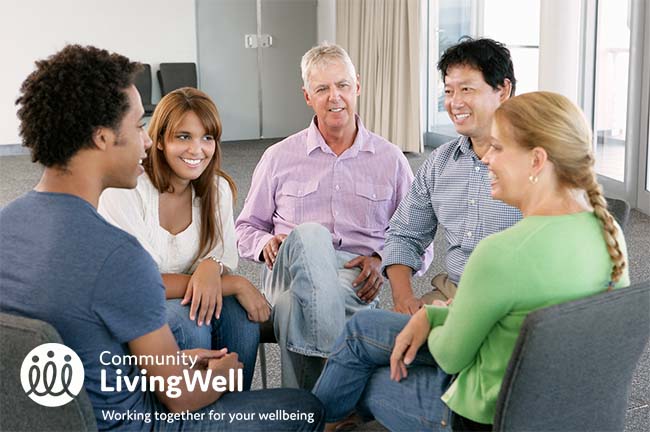
Want to help review and shape your mental health services in your community of Kensington & Chelsea and Queen’s Park & Paddington?
We are committed to collaborating on shaping the future of mental health services in our community and would value your involvement.
You’ll be compensated for the time that you can contribute to this project.
What is it?
West London Clinical Commissioning Group, Central North West London NHS Trust and The Royal Borough of Kensington & Chelsea Local Authority are looking for service users, carers, friends and family to get involved in collaboratively working together to re-shape your mental health services in our local community of Kensington & Chelsea and Queens Park and Paddington. This covers health and social care services that are in your local area.
A workshop and refreshment session to introduce people who are interested to the Integration Programme will be held next week. Here are the details:
Date: Friday 20 March 2020
Time: 1.30pm to 4.00pm
Venue: Bay 20, 71 St Marks Road, London W10 6JG
How can I help?
Groups are scheduled to take place and will meet on a regular basis at a place that is local in Kensington & Chelsea and the Queen’s Park & Paddington area.
How do I get involved?
If you’d like to get involved, or if you want more information about the work we’re doing, then we would love to hear from you. Get in touch to find out more:
Phone: 020 3317 4328
Email: [email protected]
Author: Michelle Jackson
Category: Community Living Well
Posted on: 10th March 2020

